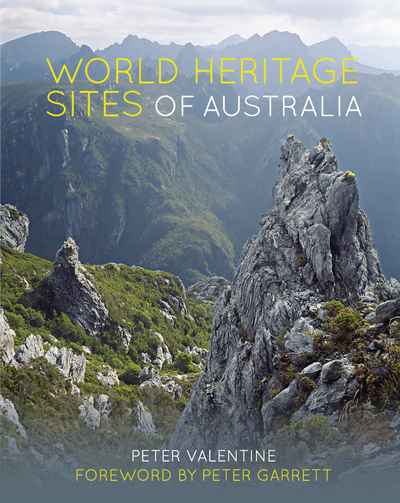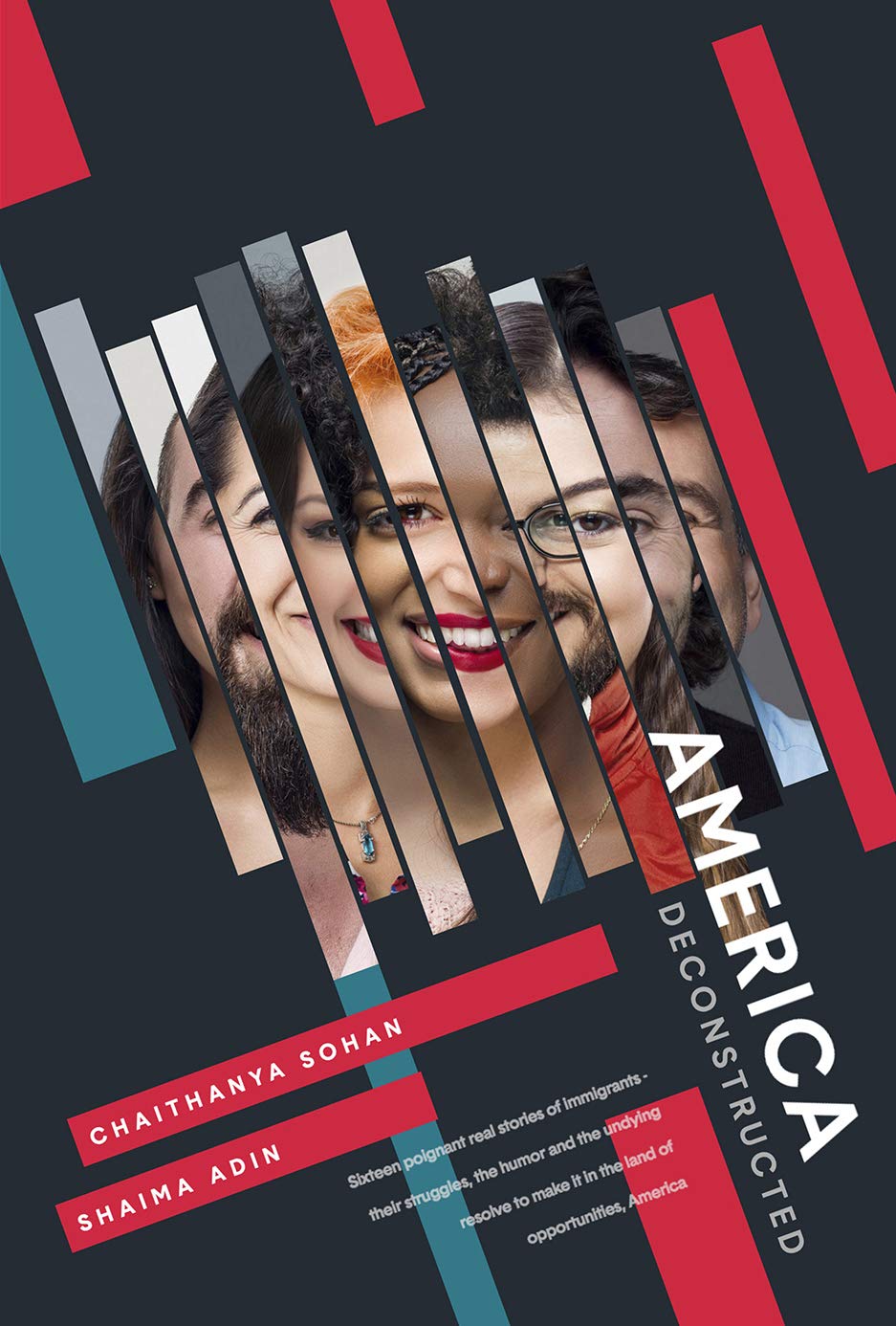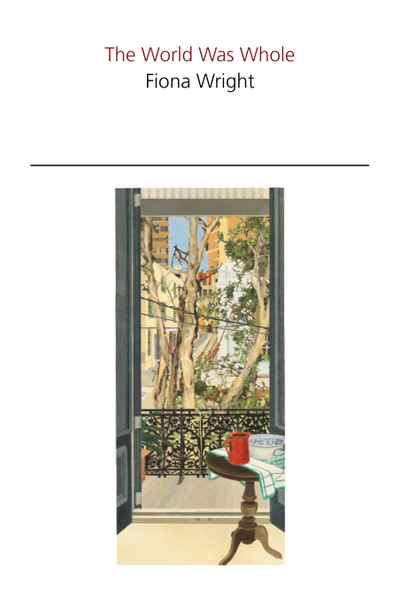 The visuals are breathtaking, arresting, and very powerful, but this is no simple coffee table book. It conveys a critical message, not only about how beautiful our world heritage sites are, but also how important they are historically, culturally, and ecologically.
The visuals are breathtaking, arresting, and very powerful, but this is no simple coffee table book. It conveys a critical message, not only about how beautiful our world heritage sites are, but also how important they are historically, culturally, and ecologically.
Category: Non fiction reviews
A review of Active Labour: Memoirs of a Working-Class Doctor by Percy Rogers
 This is an eloquent and delightful book to read, and is rich with compassion, humour, and experience. Percy Rogers is careful not to use jargon and explains medical disease and treatment and procedures simply and clearly.
This is an eloquent and delightful book to read, and is rich with compassion, humour, and experience. Percy Rogers is careful not to use jargon and explains medical disease and treatment and procedures simply and clearly.
Only Disconnect: A review of Television: A Biography by David Thomson
 All told, Thomson’s is a critical assessment of television’s effects on society. At times, the author appears to accept the medium for the lurid wasteland that it is—says the film critic, “snobbery melted away with television, and worthlessness became entirely acceptable. Time could be wasted.” Still, at no point does Thomson quit his suspicion that this new way of living—of watching life in living rooms—warps our conceptions of civic duty, morality, and life itself.
All told, Thomson’s is a critical assessment of television’s effects on society. At times, the author appears to accept the medium for the lurid wasteland that it is—says the film critic, “snobbery melted away with television, and worthlessness became entirely acceptable. Time could be wasted.” Still, at no point does Thomson quit his suspicion that this new way of living—of watching life in living rooms—warps our conceptions of civic duty, morality, and life itself.
Leaning into the “Crazy”: Reflections on The Collected Schizophrenias by Esmé Weijun Wang
 Wang’s genius partly comes from her ability to write about her illness with seemingly perfect clarity, as the sufferer and the scientist. The book is a testament to her brain—a brain working so well that it can so effectively describe the torment it causes her. Especially since, as Wang reminds us, schizophrenia is a disease of “loosening of associations,” in which the mind is working so hard within the person—against the person—to rid itself of itself.
Wang’s genius partly comes from her ability to write about her illness with seemingly perfect clarity, as the sufferer and the scientist. The book is a testament to her brain—a brain working so well that it can so effectively describe the torment it causes her. Especially since, as Wang reminds us, schizophrenia is a disease of “loosening of associations,” in which the mind is working so hard within the person—against the person—to rid itself of itself.
A review of Writers on Writing: Conversations with Allen Mendenhall
 Each included author has something important to say and Mendenhall has a talent for finding just the right way to allow the authors to express themselves. Mendenhall has a knack at getting to what is significant, and revealing truths both about the writers and about their books. Nor do the interviews shy away from topical issues or cultural conflicts.
Each included author has something important to say and Mendenhall has a talent for finding just the right way to allow the authors to express themselves. Mendenhall has a knack at getting to what is significant, and revealing truths both about the writers and about their books. Nor do the interviews shy away from topical issues or cultural conflicts.
A review of Broken Lines: The Art & Craft of Poetry by Judith Skillman
 The author’s “personal take” is entirely approachable. Her style is conversational, colloquial, and elegant in the sense that the writing is easily understandable because the ideas and suggestions are stated clearly, logically, concisely with good sense and no clutter.
The author’s “personal take” is entirely approachable. Her style is conversational, colloquial, and elegant in the sense that the writing is easily understandable because the ideas and suggestions are stated clearly, logically, concisely with good sense and no clutter.
A review of Deconstructing America by Chaithanya Sohan and Shaima Adin
 The one topic that all our storytellers weigh in on is the concept of home. What does “home” mean to them? About half the writers say that America is now their home; the other half claims the land of their birth. It is always the last segment of the teller’s tale, a summing up, and the logic each writer uses to make their decision is always compelling.
The one topic that all our storytellers weigh in on is the concept of home. What does “home” mean to them? About half the writers say that America is now their home; the other half claims the land of their birth. It is always the last segment of the teller’s tale, a summing up, and the logic each writer uses to make their decision is always compelling.
A review of The World Was Whole by Fiona Wright
 There is so much about the human condition that is illuminated here in these beautifully written pieces. Wright takes the painful, the personal and the often unbearable frailty of life, and expands it so that the work becomes a celebration of being alive, of human resilience and of the beauty of the everyday.
There is so much about the human condition that is illuminated here in these beautifully written pieces. Wright takes the painful, the personal and the often unbearable frailty of life, and expands it so that the work becomes a celebration of being alive, of human resilience and of the beauty of the everyday.
A review of Jeff Herman’s Guide to Book Publishers, Editors & Literary Agents
 Jeff Herman’s iconic Guide to Book Publishers, Editors and Literary Agents is a well-respected industry standard, much like Writers Market. Now in its 28th Edition, the Guide enjoys continued acclaim and popularity—and there is a good reason for this. Flatly stated, it’s just the one of the best, if not the best, of many (many!) writers’ guides out there.
Jeff Herman’s iconic Guide to Book Publishers, Editors and Literary Agents is a well-respected industry standard, much like Writers Market. Now in its 28th Edition, the Guide enjoys continued acclaim and popularity—and there is a good reason for this. Flatly stated, it’s just the one of the best, if not the best, of many (many!) writers’ guides out there.
A review of With Walt Whitman Himself in the Nineteenth Century by Jean Huets
 Huets has done an immense amount of research to show America’s bard in his own time. Photographs, nineteenth century American landscape paintings, handwritten excerpts from Whitman’s notebooks, quotations from his poetry and from his contemporaries’ writing make the book reader-friendly.
Huets has done an immense amount of research to show America’s bard in his own time. Photographs, nineteenth century American landscape paintings, handwritten excerpts from Whitman’s notebooks, quotations from his poetry and from his contemporaries’ writing make the book reader-friendly.